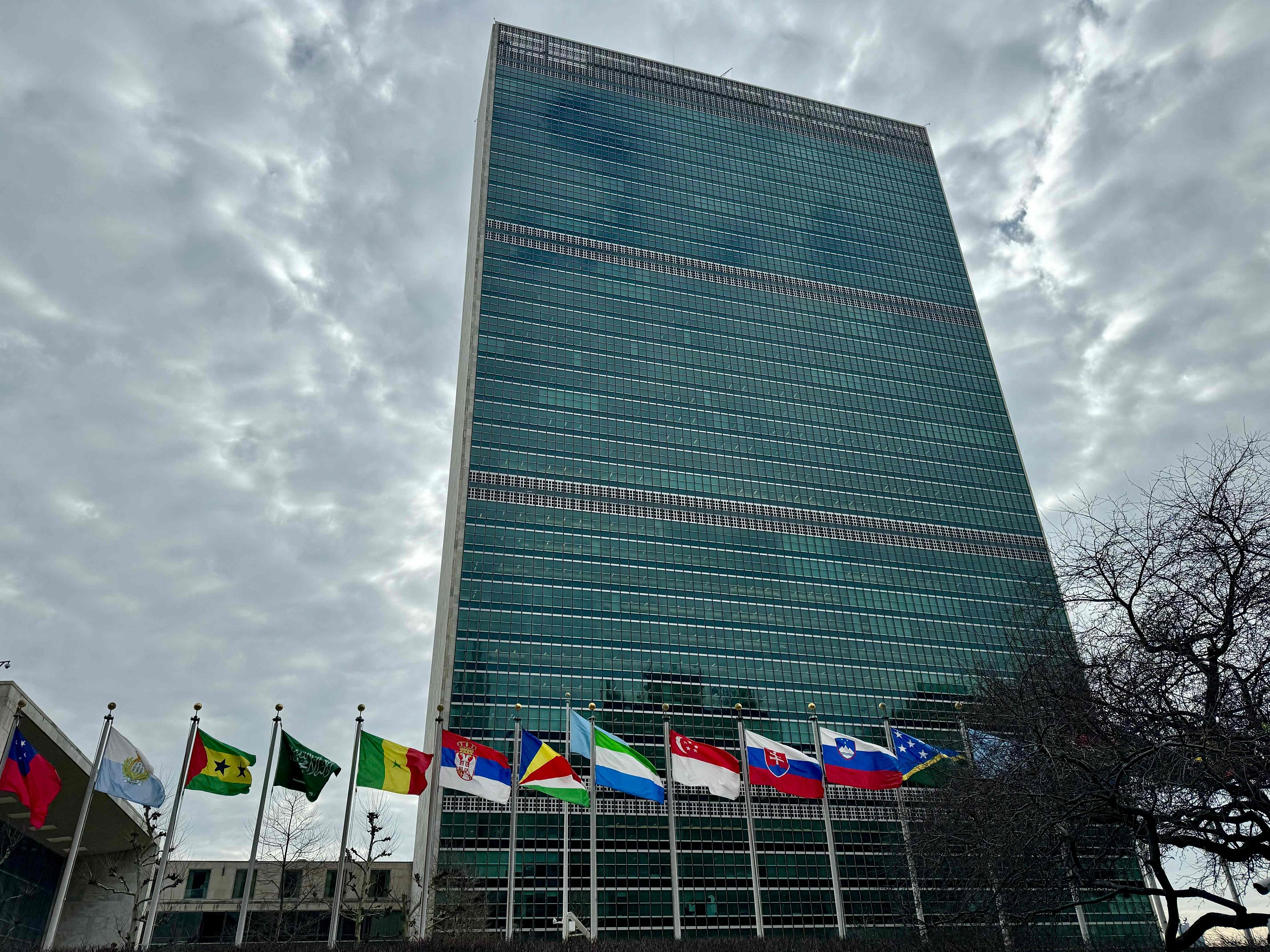By LI Linxu
A China-proposed resolution to enhance international cooperation on AI was unanimously adopted by the UN General Assembly on July 1.
The resolution, titled "Enhancing International Cooperation on Capacity-building of Artificial Intelligence", was spearheaded by China and co-sponsored by more than 140 countries.
As the UN's first-of-its-kind resolution on AI cooperation, it embodies the core principles of the Global AI Governance Initiative and the Global Development Initiative.
In line with the principle of AI for good for all and the vision of a people-centered, inclusive and development-oriented information society, the resolution focuses on international cooperation on AI capacity-building, stresses the importance of increasing the representation and say of developing countries in global AI governance, and advocates a fair, open, and nondiscriminatory business environment.
Stressing the need and the urgency to bridge AI and other digital divides between and within countries, it calls upon the international community to foster an enabling environment for international cooperation on AI capacity-building.

The UN headquarters building. (PHOTO: VCG)
It supports the UN in playing a central and coordinating role, and encourages member states to increase capacity-building cooperation, including policy exchanges, knowledge-sharing activities, transfer of technology on mutually agreed terms, technical assistance, personnel training, skilling of workforce, and international research cooperation.
Fu Cong, China's permanent representative to the UN, said China looks forward to the adoption of the resolution as an opportunity to work with member states for its active follow-up and implementation by prioritizing development and following a people-centered approach based on equality, mutual benefit, integrity and innovation.
The resolution reflects the extensive consensus among countries on enhancing AI capacity-building and speaks volumes about the political will of countries on enhancing capacity-building and bridging the AI divide through solidarity and cooperation, the Chinese Foreign Ministry said.
On June 22, the Sino-French satellite Space Variable Objects Monitor (SVOM) was successfully launched. Earlier, on May 3, China's Chang'e-6 lunar probe carried France's Detection of Outgassing RadoN to the moon, marking the first collaboration between the two countries in lunar exploration and France's debut in a lunar landing project. This year also celebrates the 60th anniversary of diplomatic relations between China and France, highlighting their longstanding cooperation in space.
Pushing the development of tech innovation is needed to achieve China's goal of becoming a leading sports nation by 2035, as well as becoming a modernized country.